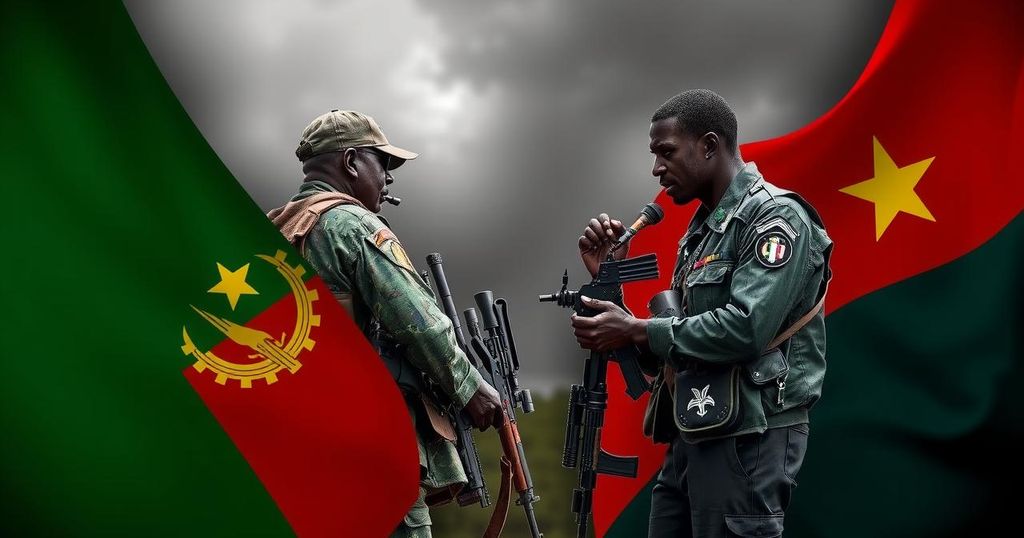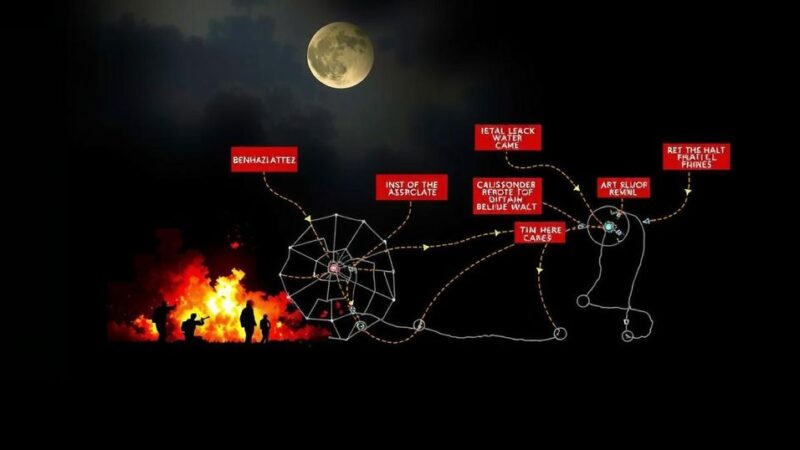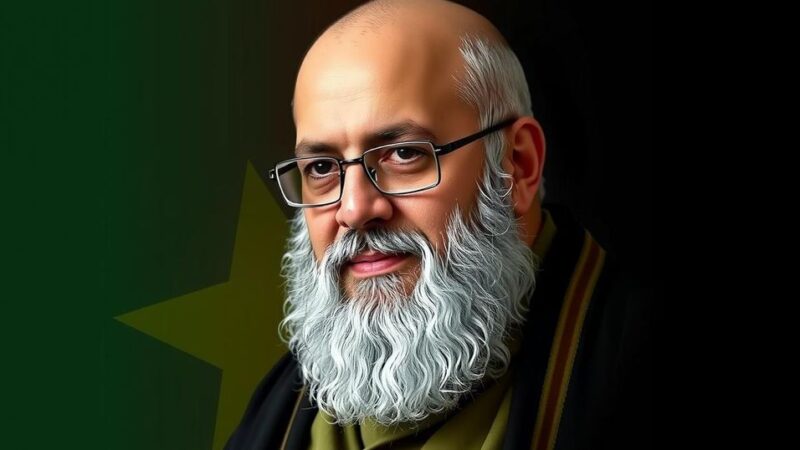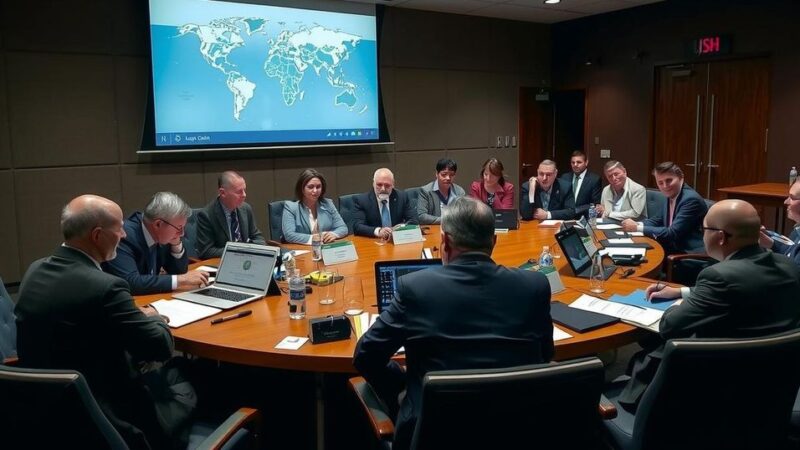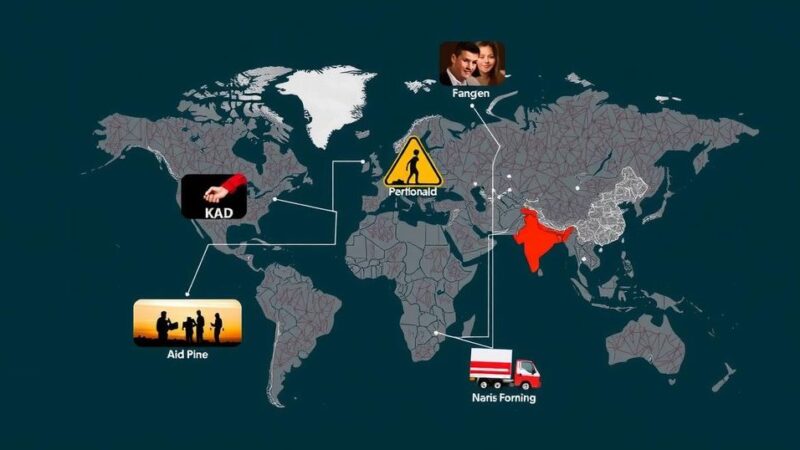Angola has accused the M23 rebels of violating a ceasefire in eastern DRC after clashes occurred in Kalembe, leading to the occupation of the town by M23 forces. The Angolan government condemned the act as a serious violation, jeopardizing peace efforts. The area remains unstable, marked by ongoing violence and humanitarian crises sparked by territorial disputes involving multiple armed groups.
Angola has formally accused the M23 rebels, allegedly backed by Rwanda, of breaching the ceasefire established in the eastern region of the Democratic Republic of the Congo (DRC). This accusation arose following an incident of violence that occurred on Sunday in North Kivu province. The ceasefire, mediated by Angola, had been effective since early August, aiming to pacify ongoing conflicts between the DRC army and the Tutsi-majority militia, M23. However, localized clashes erupted involving M23 and the Wazalendo militia, leading to the occupation of the town of Kalembe by M23 forces. The Angolan government has characterized this action as a clear infringement of the ceasefire agreement, condemning the hostilities and underscoring the potential threat to peace negotiations in the region. Citizens in the area reported intense fighting from the morning, with M23 securing control of Kalembe later that day. Despite the presence of armed groups, the involvement of either Rwandan or Congolese military forces in these encounters remains unconfirmed. Significantly, Marcellin Shenkuku, a spokesperson for the Wazalendo, asserted that their group currently governs Kalembe, denying any engagement from official Congolese armed units. This situation is critical as M23 has expanded its territorial grip since late 2021, leading to a severe humanitarian crisis marked by the displacement of thousands. The town of Kalembe, with a population nearing 40,000, lies on a key route to valuable mineral resources, illustrating the ongoing turmoil within an area plagued by longstanding violence from various rebel factions over three decades.
The Democratic Republic of the Congo has been marred by conflict for decades, primarily driven by both internal strife and external influences. The M23 militia, emerging from a historical context of ethnic conflict and political instability, has frequently engaged in armed confrontations with the DRC government and its affiliated militias. With support from regional powers such as Rwanda, M23 has threatened peace efforts, prompting interventions from neighboring countries. The ceasefire brokered by Angola was an attempt to stabilize the situation, however, recent skirmishes indicate the fragility of peace in this mineral-rich territory which is often contested by numerous rebel groups amid a humanitarian crisis.
In summary, Angola’s accusation against the M23 rebels reflects the ongoing volatility in eastern DRC, underscoring the dangers to peace efforts brought about by recent clashes. The situation in Kalembe is emblematic of the broader conflict dynamics, underlined by struggles over territory and resources. The frequency of violence and the potentially escalating humanitarian crisis raise concerns regarding the efficacy of ceasefire agreements and the international community’s role in fostering lasting stability in the region.
Original Source: www.barrons.com
